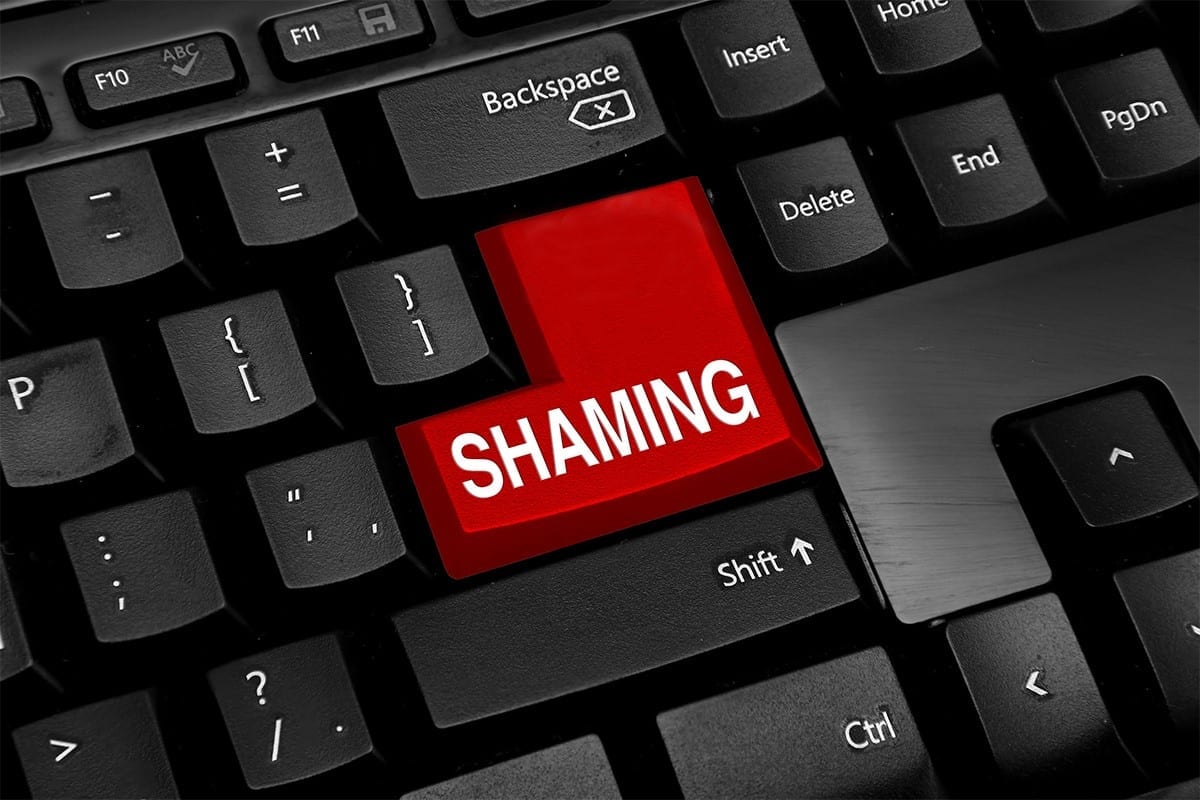Public Outing of DUI Defendants Latest Shameful Tactic
Driving under the influence is dangerous to drivers, passengers, and other vehicles on the road. This is irrefutable.
In an effort to keep their roads safe, states use different strategies and tactics to prevent DUI fatalities. While a driver may be charged with a DUI, however, it does not necessarily mean they are guilty of a crime – they have to be convicted first. “Innocent until proven guilty” is a cornerstone of our judicial process.
Illinois’s latest tactic to prevent driving under the influence, however, suggests otherwise.
Public Lists of Those Charged with DUIs
Recently, Illinois State Police decided to publicly post a monthly list of every individual who has been charged with a DUI. The lists so far have included the driver’s full name, age, and the town in which they live. Eighteen drivers were charged in District 16 in April, as reported by WIFR.com. District 16 covers most of Winnebago County.
The idea, they say, is to discourage other drivers from getting behind the wheel after drinking, which is a laudable notion. Drunk drivers have already killed 25 people in the Stateline since the beginning of the year, and it’s understandable that officers would want to use every tool in their arsenal to reduce those numbers and get things under control.
And using public shaming in this way is not a new concept. This age-old tactic dates back to the time of dunce caps, tarring and feathering, and so on. But by publishing lists of those who have been charged, they are punishing people who haven’t yet gone through the due process of law. People who very well may be found innocent.
Why is this a big deal?
The Problem with Public Shaming in the Digital Age
If you are charged with a DUI, and subsequently prove that those charges are false, there is a system in place whereby you can make those charges disappear from your record. It’s not a perfect system, but it protects innocent people from having to suffer the consequences of having a criminal record.
Using the Internet for public shaming, however, has permanent, economic, and intangible consequences. If you are charged with DUI and your name is posted online in a story about DUI charges, you will be forever tied to this charge. Anyone who runs a quick Google search of your name – including future potential employers – will be able to find this information. Even if the charges are later dropped or your record is expunged.

Your application may be thrown out before you are able to explain yourself and the situation.
Beyond this, public shaming may also have an effect on your trial. Appearing on a list like this can be devastating, and your focus may shift from your upcoming trial to dealing with the results of public shaming. Prosecutors can attempt to use the shaming against you, and it can even impact how a judge or jury may view your innocence.
Innocent Until Proven Guilty Is a Right
In the eyes of the law, you are innocent until proven guilty. But while these lists report that you have been charged with a DUI, there likely won’t be a follow-up story with the results of your case or if it has been dropped.
The stories also do not give information about the officer(s) who charged you, when you were charged, or the reason you were charged. The fact is, our state’s strict policies and implied consent laws also put many drivers at risk for a DUI.
If a police officer believes you are under the influence while driving, you are required to take a chemical test immediately. You may not consult your lawyer first. These chemical tests will determine your blood alcohol content (BAC), and if you refuse to take a chemical test, your license will be suspended and you will be charged with a DUI.
Unfortunately, even complying with an officer and answering all questions truthfully won’t necessarily keep you from being charged. Sometimes, people are even arrested for a DUI when they have little to no alcohol in their system because testing devices can mistakenly read things like mouthwash as alcohol.
Why should these individuals have their names publicly listed? Even if they fight back and their case is ultimately dropped, damage has already been done to that driver’s reputation and future employment options.
This tactic is unfair to Illinois citizens who have not received a proper trial and have not been given the opportunity to prove their innocence. A DUI charge is not equal to a DUI conviction.

If you are charged with a DUI, act fast. Consult with an experienced Chicago DUI defense attorney today for advice on your case, your options, and the most effective defense strategies.
About the Author:
Andrew M. Weisberg is a former felony prosecutor who now serves as a defense attorney in the greater Chicago area. He has extensive experience in handling all types of criminal cases, from sex offenses and domestic violence to retail theft-related crimes, Murder, and drug crimes.







 Blog Home
Blog Home 










